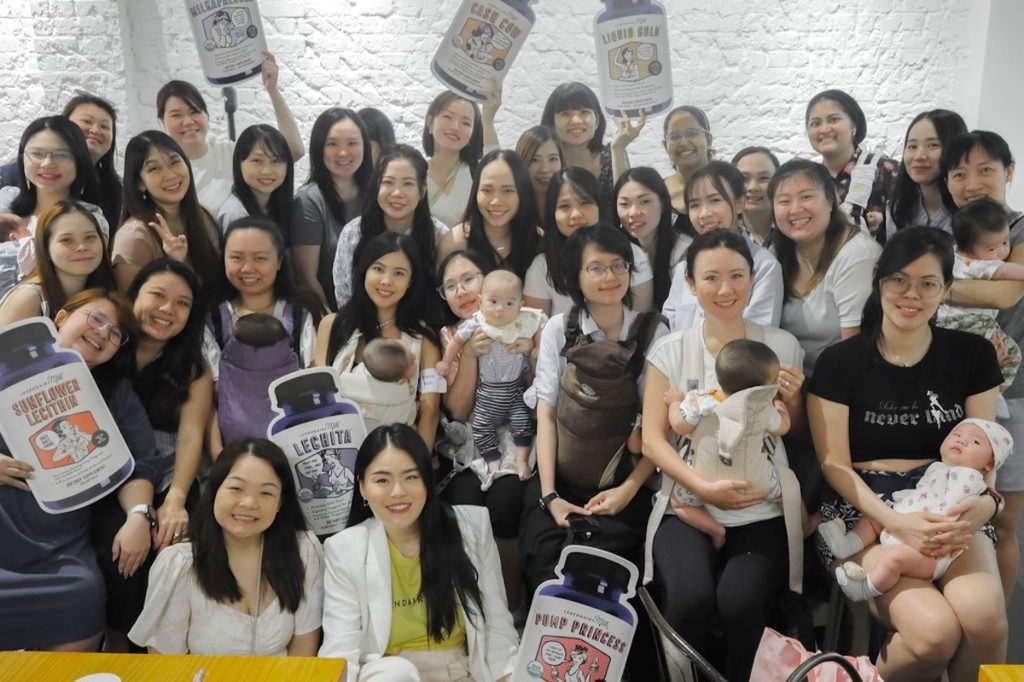Being able to have a baby is something that many couples take for granted, especially if they are younger in age. Thus when it doesn’t happen as easily as they assume it should be, they are left scratching their heads and wondering why it’s so difficult.
Infertility is an issue that plagues more couples than you would think, so what exactly causes infertility and when does it occur? Fertility specialist Dr Ronald Chieng, medical director of Virtus Fertility Centre Singapore shares more.
The causes of infertility
Age
A couple’s age is the single biggest determinant of their chances of having a baby, and it decreases with age.
This is because women are born with a finite number of eggs and the eggs diminish in quantity and quality as time passes. On average, the chances of having a baby decrease by 3 to 5 per cent each year after the age of 30. The chances drop even more drastically when a woman turns 40.
Women aren’t the only ones who are affected by age; a man’s fertility also decreases as he ages. From ages 20 to 80, a man experiences a reduction in semen and sperm motility, which leads to declining fertility. As a result, for a man is aged 41 years and above, the risk of unsuccessful IVF is more than five times higher than in a younger man.
Couples aged 35 and older who have been trying for six months naturally without success should seek medical advice through a fertility assessment. Women who are aged below 35 should see a doctor if they have been trying unsuccessfully to have a baby for a year. Irregular, abnormal and even absent periods may also be a sign of female infertility.
Polycystic Ovarian Syndrome (PCOS)
The onset of PCOS happens when complex changes occur in the hypothalamus, pituitary gland and ovaries that cause missed or irregular menstrual periods. This hormone imbalance affects ovulation and is one of the most common causes of female infertility. Accompanying symptoms of PCOS include insulin resistance, obesity, abnormal hair growth on the face or body and acne.
Endometriosis
This is a condition where tissue that normally grows in the uterus implants and appears in other locations. This extra tissue — and the surgical removal of it — can cause scarring, which may obstruct the fallopian tube and keep the egg and sperm from uniting. It can also affect the lining of the uterus, disrupting the implantation of a fertilised egg.
Thyroid Disorders
Changes in thyroid function can have a major effect on reproductive function before, during and after conception, as the thyroid produces hormones that play key roles in growth and development. One condition is hypothyroidism (underactive thyroid), which affects about 0.5 per cent of women of reproductive age. Its common symptoms include:
- Skin changes, including more acne
- Changes in sex drive and desire
- Dark hair growth on the lips, chest, and chin
- Loss of hair or thinning hair
- Weight gain
Treatment options
Self-treatment
Sometimes all it takes are some simple lifestyle changes such as stopping smoking, reducing alcohol intake and maintaining a healthy body mass index. All the above can improve a couple’s chances of having a baby.
Fertility treatments
Depending on the cause of infertility, there is a range of available treatments. In-vitro fertilisation (IVF) is the most common type of assisted reproductive technology, while ICSI (Intra-cytoplasmic sperm injection) is mainly used to overcome male-related issues
Counselling
Trying to make a baby can be stressful, especially when undergoing treatment options. Hence, we make it a point to provide our patients with coaching and counselling sessions before commencing hormone stimulation and embryo transfer as research has shown that emotional and mental stability can have a positive impact on fertility treatments.
Fertility issues can cause both men and women to be trapped in a cycle of self-blame and depression, which strain the relationship. Emotional support and constant communication between couples are of paramount importance in these cases.
All couples seeking help for their fertility issues should bear the following points in mind:
- Seek help before problems get too big. Consider counselling as a resource of support and information to deal with concerns.
- Set limits on how long you are willing to try. Some decide right away that they will not go beyond initial treatment such as medication to have a baby. Others are willing to spend much more time and money, such as trying IVF to get pregnant.
- Take care of yourself by pursuing other interests.
- Build a support system — you are not alone. Surround yourself with supportive systems such as a fertility counsellor or coach and friends and family who will encourage you or lend a listening ear when you need it.
Dr Ronald Chieng is the medical director of Virtus Fertility Centre Singapore and a fertility specialist who has been practising since 2001. He specialises in male infertility, reproductive microsurgery and fertility preservation.













